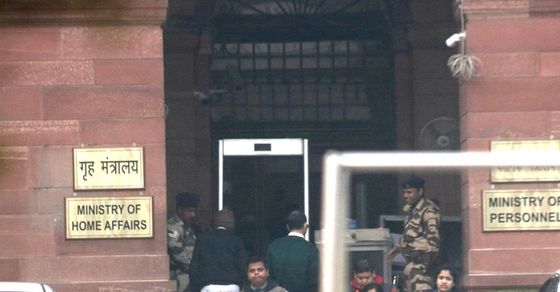China Harbour Engineering Corporation (CHEC) is involved in Gwadar Port, considered the crown jewel of CPEC. Besides CHEC, China Shipbuilding Offshore Corporation has underscored the grim security situation in Pakistan.

economictimes.indiatimes.com
Top Chinese firms red flag risks over CPEC for first time; mull shifting office
Dipanjan Roy Chaudhury
3-4 minutes
Chinese companies have flagged a slew of risks in the China-Pakistan Economic Corridor (
) projects in Pakistan under China’s Belt and Road Initiative for the first time and have even threatened to shift their headquarters in the country to a safer place. China Harbour Engineering Corporation (CHEC), a subsidiary of China Communications Construction Company, has listed the security environment, bureaucratic delays and anti-China sentiments among other challenges associated with projects in Pakistan and labelled the country a “high-risk” proposition, said people aware of the matter.
CHEC is involved in Gwadar Port, considered the crown jewel of CPEC. Besides CHEC, China Shipbuilding Offshore Corporation has underscored the grim security situation in Pakistan. It has categorised risks under eight sections – political instability under the Imran Khan government, social instability due to terrorist attacks, economic uncertainty and risk of payment default, Pakistani rupee’s volatility, Pakistan’s depleting
forex reserves, higher rate of tax for Chinese companies in Pakistan, project delays and limited measures to control Covid-19 in recent months.
Among other things, CHEC plans to build
LNG terminals, a bridge at the Karachi Port and possibly a maintenance base for the
Pakistan Navy for warships at the eastern side of the Gwadar Port, said those in the know. CHEC has suggested a few measures to improve the situation, including improving the image of China among Pakistanis, improvement in the security mechanism to prevent any attack on projects and training of Chinese workers in local laws in Pakistan. Chinese scholars have also pointed out that Pakistan is ridden with a plethora of challenges from regional disparities to ethnic separatism to religious conflicts to terrorism that often impact investment environment. Two studies, conducted by
Henan Normal University and
PLA Information Engineering University, have also expressed concern over the unrest in Balochistan.
The CPEC is the most ambitious component of the Belt and Road Initiative. Originally valued at $47 billion, the value of CPEC projects has risen to $62 billion as of 2020. The CPEC was intended to rapidly upgrade Pakistan’s required infrastructure and strengthen its economy by the construction of modern transportation networks, numerous energy projects and special economic zones. The project violates India’s sovereignty as it passes through Pakistan-occupied Kashmir and is pushing Pakistan into a debt trap, according to critics.

www.timesnownews.com


